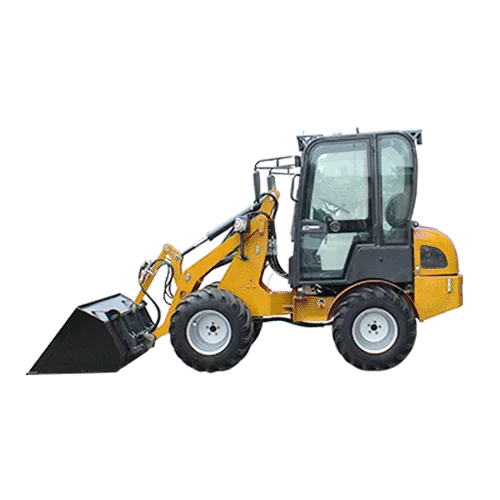Welcome to My Blog!
Before we dive into the content, I’d love for you to join me on my social media platforms where I share more insights, engage with the community, and post updates. Here’s how you can connect with me:
Facebook:https://www.facebook.com/profile.php?id=100087112105480
LinkedIn:https://www.linkedin.com/showcase/99327366/admin/dashboard/
Now, let’s get started on our journey together. I hope you find the content here insightful, engaging, and valuable.
Table of Contents
Introduction

Selecting the ideal loader truck is a crucial decision for businesses operating in construction, agriculture, or any industry that relies on heavy-duty material handling. The right loader truck can significantly enhance efficiency, productivity, and safety on your worksite. This comprehensive guide will delve into the key factors to consider when making this important choice.
Understanding Loader Trucks
Loader trucks, also known as front-end loaders or skid steers, are versatile machines that play a vital role in digging, loading, and moving materials. They come in various types, each suited for specific applications.
- Skid Steer Loaders: Compact and highly maneuverable, skid steer loaders are perfect for working in tight spaces and performing a wide range of tasks, from landscaping to demolition.
- Compact Track Loaders: Offering superior traction and stability, compact track loaders excel in challenging terrain conditions, such as muddy or hilly sites.
- Wheel Loaders: Larger and more powerful, wheel loaders are designed for heavy-duty applications like earthmoving, material handling, and bulk material transport.
Factors to Consider When Choosing a Loader Truck
- Payload Capacity: The payload capacity of a loader truck determines the maximum weight it can lift and transport. It’s essential to assess your specific needs and future requirements to avoid purchasing an undersized machine.
- Operating Environment: Consider the terrain, weather conditions, and space constraints of your worksite. For example, a compact track loader is ideal for uneven or soft ground, while a wheel loader is better suited for hard surfaces.
- Attachment Compatibility: Evaluate the range of attachments required for your specific tasks. Common attachments include buckets, forks, augers, and breakers. Ensure the loader truck has the necessary hydraulic flow and power to operate these attachments efficiently.
- Power Source: Decide between diesel and electric power sources based on factors like fuel availability, noise regulations, and environmental concerns. Diesel-powered loaders offer more power and torque, while electric loaders are quieter and produce fewer emissions.
- Safety Features: Prioritize safety by selecting a loader truck equipped with essential safety features such as Rollover Protective Structures (ROPS), seatbelts, and emergency stop buttons. Adhering to industry safety standards is crucial to protect operators and bystanders.
Key Specifications to Compare

| Specification | Description |
|---|---|
| Operating weight | Total weight of the machine, including attachments and fluids. |
| Lift capacity | Maximum weight that can be lifted at full height. |
| Reach | Horizontal distance from the center of rotation to the tip of the bucket. |
| Dump height | Maximum height to which the bucket can be raised. |
| Ground clearance | Distance between the ground and the lowest point of the machine. |
| Hydraulic flow | Rate at which hydraulic fluid is pumped, affecting attachment performance. |
Conclusion
Selecting the right loader truck involves careful consideration of various factors, including payload capacity, operating environment, attachment compatibility, power source, and safety features. By understanding these key elements, you can make an informed decision that maximizes productivity and efficiency. Remember to consult with equipment dealers and manufacturers to get expert advice tailored to your specific needs.
FAQ
What is the difference between a skid steer loader and a compact track loader?
Skid steer loaders are highly maneuverable and ideal for tight spaces, while compact track loaders offer superior traction and stability in challenging terrain.
How do I choose the right bucket for my loader truck?
Consider the type of material you’ll be handling, the volume you need to move, and the desired digging depth.
What are the benefits of an electric loader truck?
Electric loader trucks are quieter, produce fewer emissions, and have lower operating costs.
How often should I maintain my loader truck?
Regular maintenance, including oil changes, filter replacements, and hydraulic fluid checks, is essential to ensure optimal performance and longevity.

